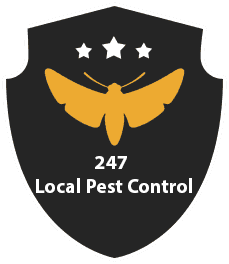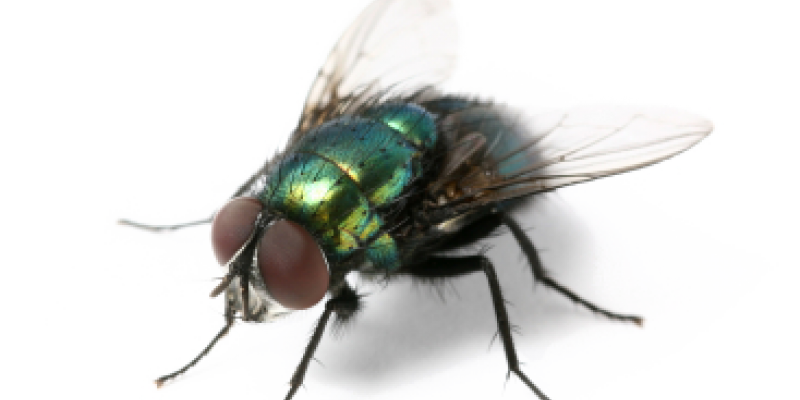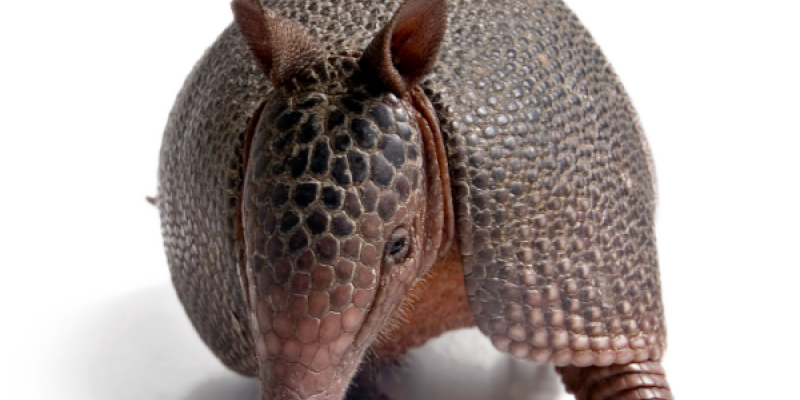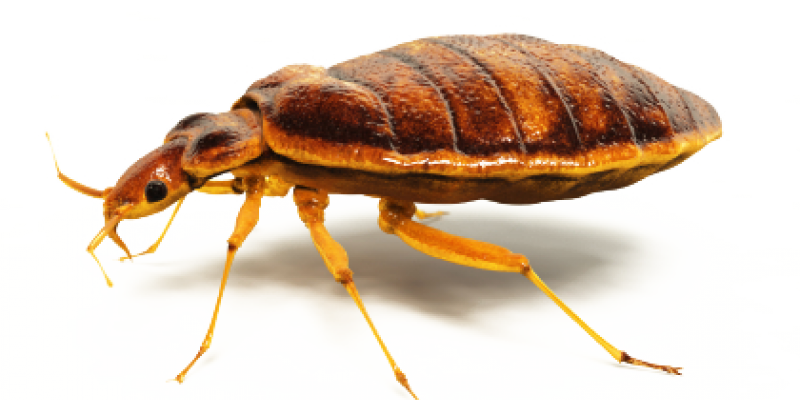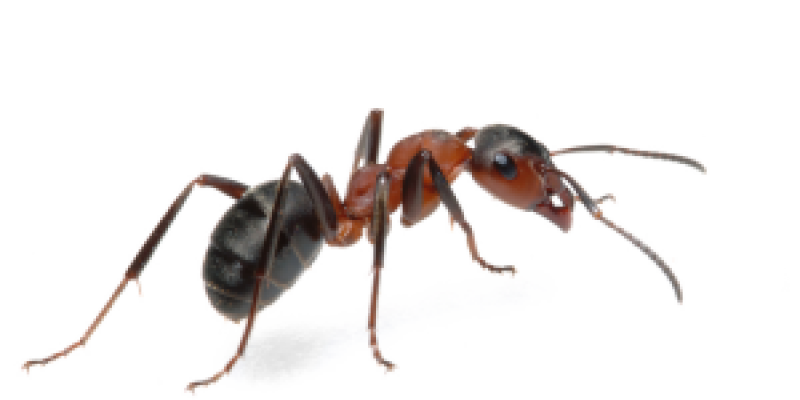Paper Wasps – Pest Control
PAPER WASPS gather fibers from dead wood and plant stems, which they mix with saliva, and use to construct water-resistant nests made of gray or brown papery material
. Some types are also called umbrella wasps, due to the distinctive design of their nests.
Most wasps are beneficial in their natural habitat, and are critically important in natural biocontrol. Paper wasps feed on nectar and other insects, including caterpillars, flies, and beetle larvae. Because they are a known pollinator and feed on known garden pests, paper wasps are often considered to be beneficial by careful gardeners.
The colony is founded in early spring, soon after the queens (mated females) emerge from hibernation. As the colony matures, males and the next year’s queens are produced. These queens mate with males and are the only members of the colony to survive through winter. In late summer or fall, the founding queen, workers (unmated females), and males all die. The newly mated queens hibernate, typically in piles of wood, in vegetation, or in holes. The following spring they emerge and begin the cycle anew.
WHERE TO LOOK
The nests of most true paper wasps are characterized by having open combs with cells for brood rearing, and a “petiole,” or constricted stalk, which anchors the nest. Paper wasps secrete a chemical that repels marauding ants, which they spread around the base of the nest anchor to prevent the loss of eggs or brood. Nests can be found in sheltered areas, such as the eaves of a house, the branches of a tree, on the end of an open pipe, or on an old clothesline .
ATTACK WHEN THREATENED
Unlike yellow jackets and hornets, which can be very aggressive, paper wasps will generally only attack if they themselves or their nest are threatened. Since their territoriality can lead to attacks on people, and because their stings are quite painful and can produce a potentially fatal anaphylactic reaction in some individuals, nests in human-inhabited areas may present an unacceptable hazard . The duration of the sting pain can range anywhere from one minute to half an hour.
If you have any questions or concerns, please contact us (833) 220-1001 at 247 Local Pest Control. We’ll be happy to help!
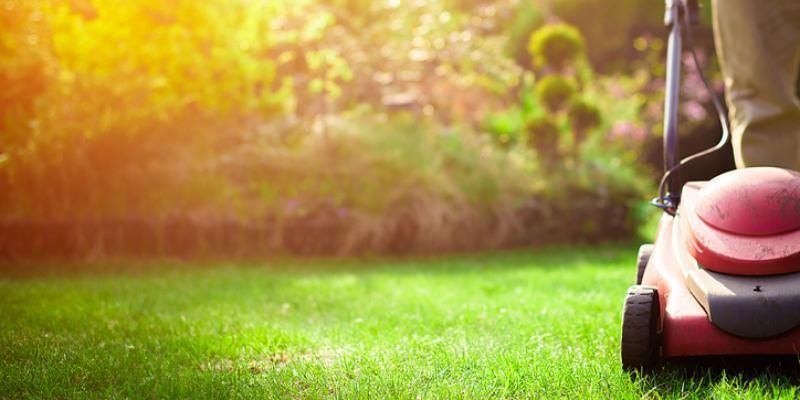
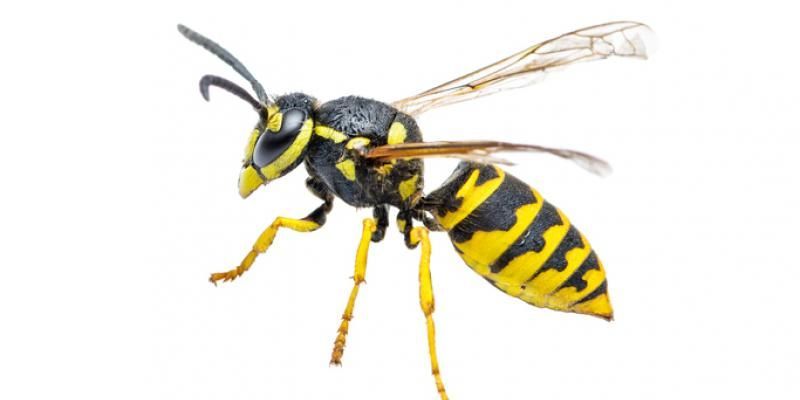
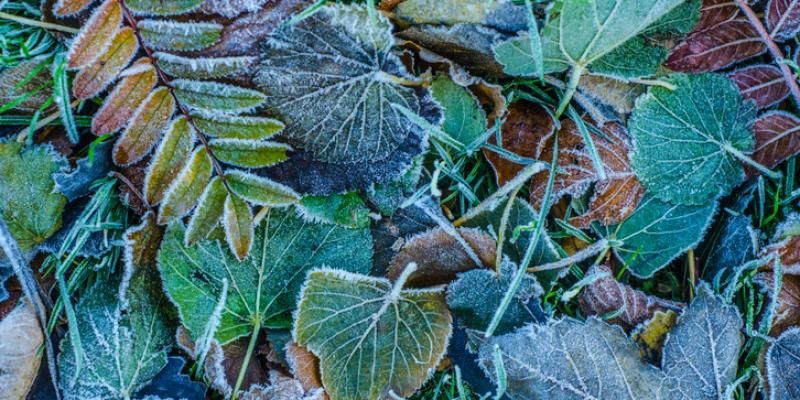
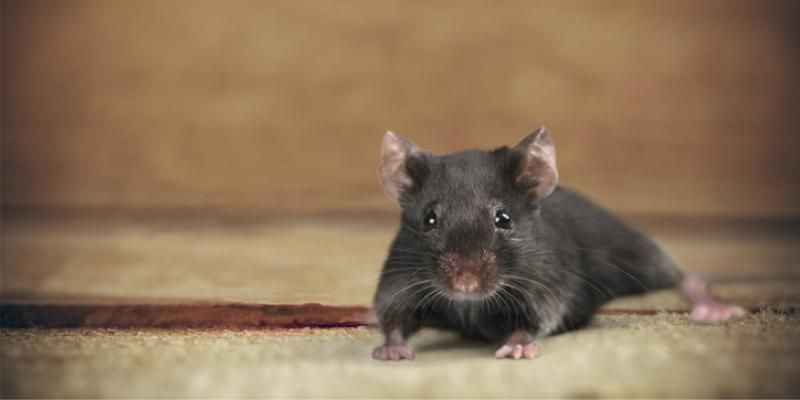
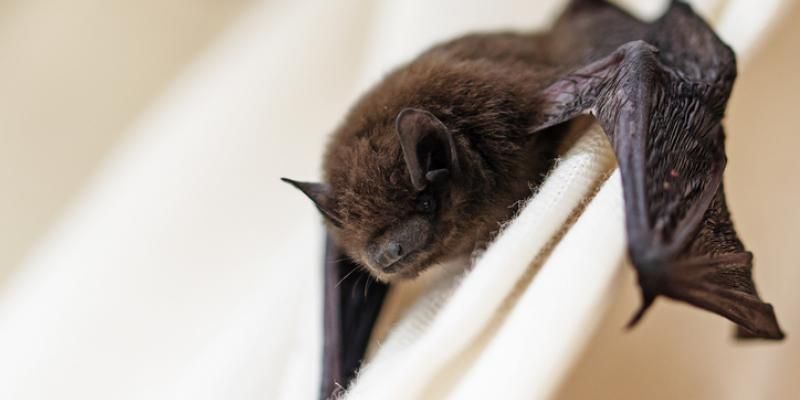
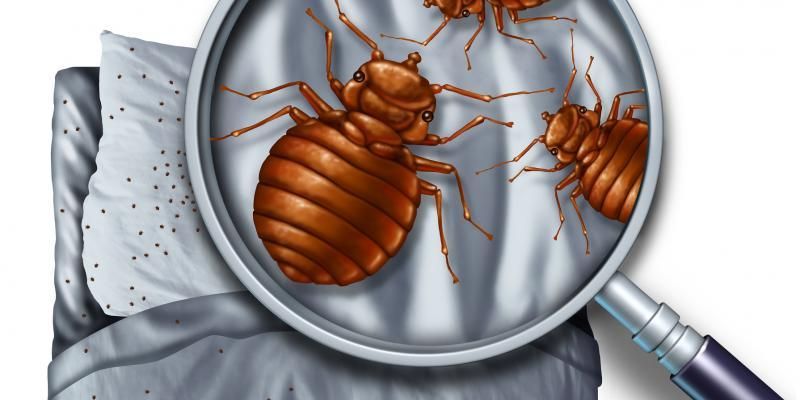
247localpestcontrol.com is a referral service that connects you with pest control service providers in your area. All pest control providers are operated independently of 247localpestcontrol.com. It is the responsibility of each user to verify that the pest control provider connected with meets all licensing and insurance requirements in that jurisdiction.
The photos on the 247localpestcontrol.com website are for design purposes only and do not represent the actual pest control services provided in your area.
Please note that pest control services may not be available in all areas, and when available, the services may vary depending on the providers available. 247localpestcontrol.com does not guarantee the availability of any specific pest control service or provider in your area.
It is recommended that you thoroughly research and vet any pest control service provider before hiring them to ensure that they meet your specific needs and requirements. 247localpestcontrol.com is not responsible for any issues or damages resulting from the services provided by any pest control service provider connected through our referral service.
